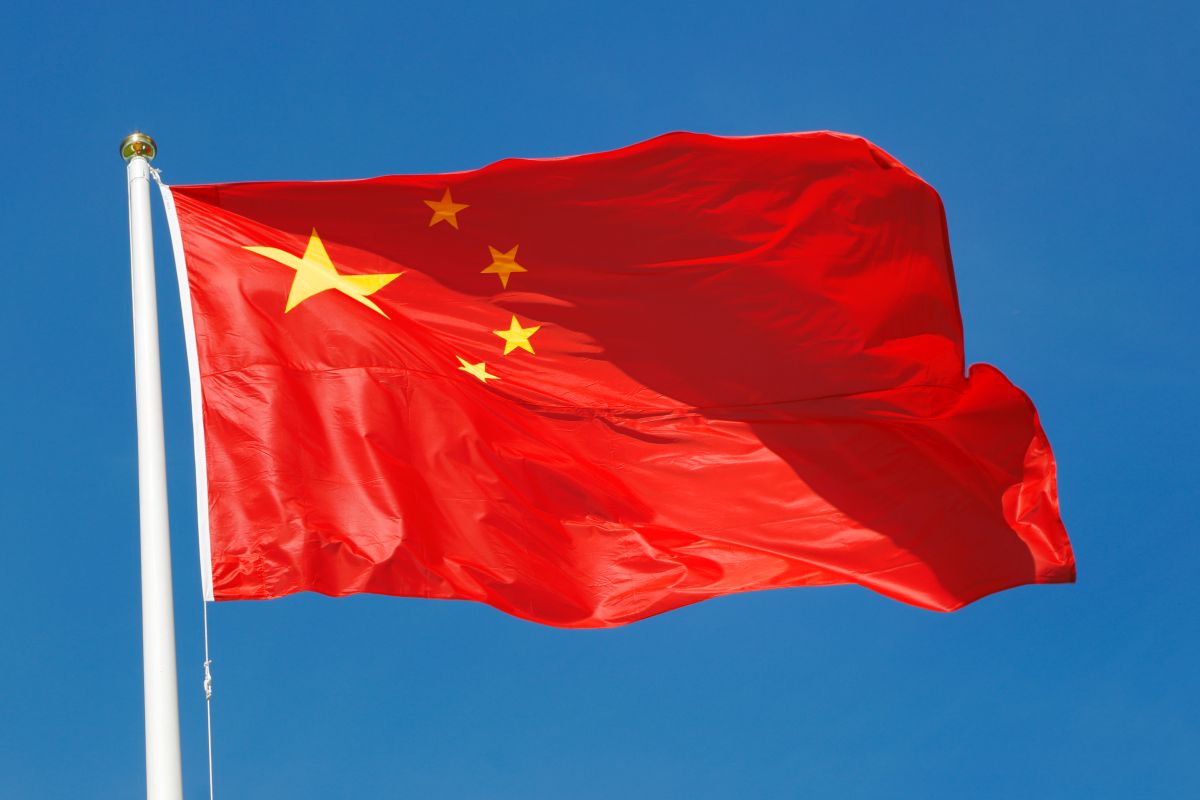19 killed as motorway collapses in China
At least 19 people were killed when a motorway in China's Guangdong province collapsed on Wednesday, Chinese state broadcaster CCTV reported.

Representational image (Photo: IStock)
In the shadow of the Afghan conflict’s ever-shifting sands, China has made a calculated move that reverberates not just within the region but across the international stage. Its recent appointment of an Ambassador to Afghanistan signifies more than just a diplomatic milestone. It’s a tangible manifestation of China’s nuanced approach to safeguarding its strategic interests in a complex geopolitical landscape. The Ambassador who presented his credentials is the first to have done so after the Taliban’s takeover in August 2021. Barring Turkey, Iran and Pakistan, most countries have not maintained diplomatic representation in Afghanistan since the Taliban took over.
China’s interest in Afghanistan’s natural resources is no secret. With vast reserves of rare earth minerals, iron, copper, and other valuable commodities, Afghanistan presents an alluring prospect for China’s resource-hungry economy. While Afghanistan was not initially a core component of China’s Belt and Road Initiative (BRI), it has become an essential focus, particularly for mining purposes. BRI underscores China’s keen eye on the economic potential beneath Afghanistan’s rugged terrain. Beyond its economic ambitions, China’s engagement with Afghanistan is also rooted in security concerns. Uyghur militant groups that seek refuge in Afghanistan pose a direct threat to China’s stability, particularly in its Xin- jiang region. China’s previous cooperation with Afghanistan on security matters has faced challenges with the Taliban’s reluctance to engage to the same extent. Beijing appears to believe that by engaging with the Taliban, it can secure its interests on two fronts ~ ac-cess to Afghanistan’s resources and a degree of con- trol over potential Uyghur security threats.
The backdrop against which China’s Afghan policy unfolds is its escalating rivalry with the USA. Afghanistan’s rare earth resources have become another arena in this global competition. China’s commitment to safeguard its strategic interests remains steadfast, even as it engages with the Taliban. This rivalry adds a layer of complexity to China’s moves in Afghanistan, as both superpowers jockey for regional influence. As the world watches China’s diplomatic manoeuvres in Afghanistan, a pertinent question emerges. Is engagement with the Taliban the right approach? The last two years have shown that engagement alone might not change the behaviour of the Taliban. Instead, it could give them more reason to remain unchanged and uncommitted to the international community’s demands. China’s appointment of a new Ambassador to Kabul, while significant in its own right, serves as a reminder that it primarily seeks to protect its strategic interests in Afghanistan. If hairs are to be split, the appointment does not necessarily signify an elevation of diplomatic relations between China and the Taliban.
Advertisement
China will argue that presenting credentials to the Taliban’s de facto prime minister is not tantamount to recognising the regime. It’s a diplomatic necessity to safeguard Chinese interests, and one that shows Beijing views the world’s concerns with contempt. The appointment should be viewed within the broader context of China’s pragmatic pursuit of national interests. Afghanistan, once again, finds itself at the intersection of international interests.
Advertisement